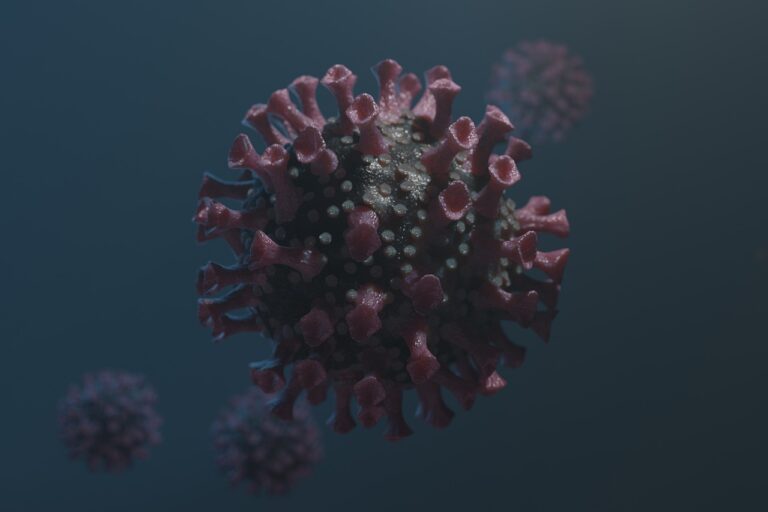The Role of Artificial Intelligence in Drug Discovery
Artificial Intelligence has emerged as a powerful tool in the field of drug discovery, significantly accelerating the process of bringing new medicines to market. By analyzing vast amounts of data more efficiently than humans ever could, AI algorithms can identify potential drug candidates and predict their effectiveness with high accuracy. This capability has the potential to revolutionize the pharmaceutical industry by streamlining the traditionally time-consuming and costly drug development process.
Moreover, AI can aid researchers in designing drugs tailored to individual patients based on their genetic makeup and specific health conditions. This personalized approach to medicine holds immense promise for improving treatment outcomes and reducing harmful side effects. With the help of AI, drug discovery is no longer solely reliant on trial and error but can now leverage advanced computational techniques to expedite the identification of novel therapies.
• AI algorithms can analyze vast amounts of data more efficiently than humans
• AI can identify potential drug candidates and predict their effectiveness with high accuracy
• AI streamlines the traditionally time-consuming and costly drug development process
• Personalized medicine based on genetic makeup and health conditions is made possible by AI
• Drug discovery now leverages advanced computational techniques for faster identification of novel therapies
The Impact of AI on Target Identification and Validation
Artificial intelligence (AI) is playing a crucial role in transforming the process of identifying and validating drug targets. By leveraging AI algorithms and machine learning techniques, researchers are able to analyze massive amounts of biological data efficiently. This leads to the discovery of potential drug targets that may have been overlooked using traditional methods, ultimately speeding up the drug discovery process.
Moreover, AI algorithms can predict the likelihood of a specific target being successful, thereby helping researchers prioritize and focus their efforts on the most promising candidates. By narrowing down the list of potential targets early on, resources can be allocated more effectively, increasing the chances of successful target validation. Additionally, AI enables researchers to uncover patterns and relationships in complex biological data that may not be immediately apparent, providing valuable insights for target identification and validation.
Utilizing AI for Drug Repurposing and Combination Therapy
In the realm of drug development, the concept of repurposing existing drugs and exploring combination therapy has garnered significant attention due to its potential to accelerate the discovery of novel treatment options. By harnessing the power of artificial intelligence (AI), researchers can efficiently identify new therapeutic uses for approved drugs and assess potential synergies between different compounds.
AI algorithms can analyze vast amounts of biological, chemical, and clinical data to uncover connections and patterns that may not be apparent through traditional methods. This enables scientists to repurpose drugs for different diseases or conditions based on their molecular profiles and mechanisms of action, as well as to predict how combining multiple drugs could lead to enhanced efficacy or reduced side effects. The integration of AI in drug repurposing and combination therapy not only streamlines the research process but also holds promise for bringing innovative treatments to patients faster and more cost-effectively.
How is artificial intelligence revolutionizing drug discovery?
Artificial intelligence is revolutionizing drug discovery by streamlining the process of target identification, lead optimization, and clinical trial design, leading to faster and more cost-effective drug development.
What is the impact of AI on target identification and validation?
AI has significantly improved target identification and validation by analyzing large datasets to identify potential drug targets, predict drug-target interactions, and validate the efficacy and safety of potential drug candidates. This has accelerated the drug discovery process and increased the success rate of drug development.
How is AI being utilized for drug repurposing and combination therapy?
AI is being used for drug repurposing by analyzing existing drugs and identifying new therapeutic indications for them. It is also being used for combination therapy by predicting synergistic drug combinations and optimizing treatment regimens for improved therapeutic outcomes.







